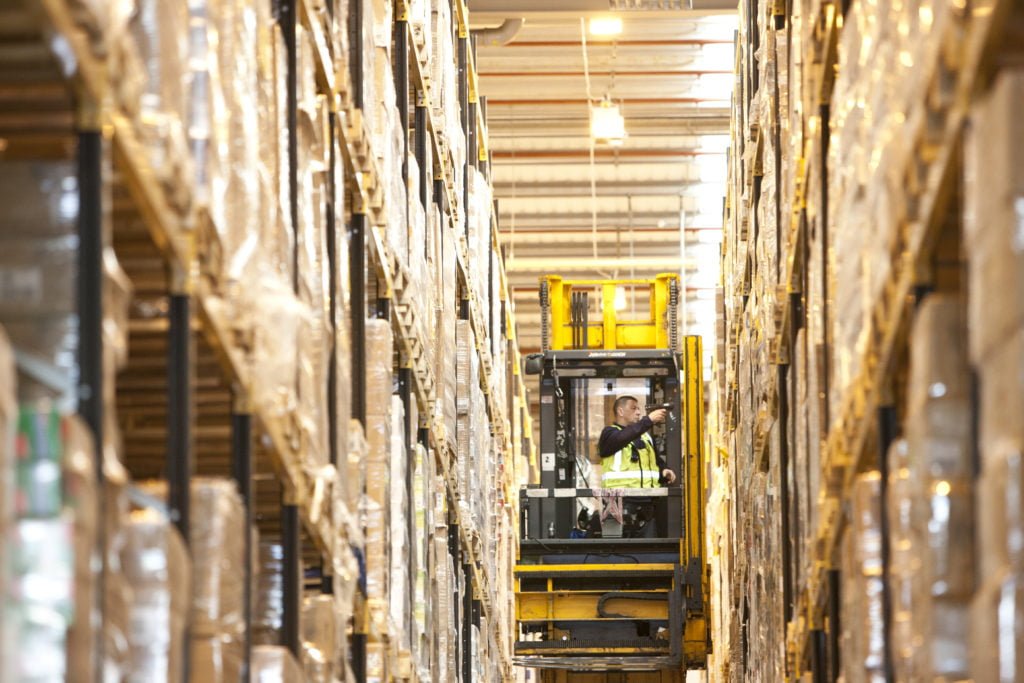Businesses have a shared responsibility to treat sustainability with more respect than ever before. Reducing environmental impact in all we do through a series of large-scale initiatives and smaller actions is essential, with a huge potential combined effect.
Every supply chain depends on having a flexible storage and distribution solution, which has been highlighted during the COVID-19 pandemic. Collaboration can ensure that the supply chain can flex with demand whilst ensuring service and sustainability remain a key focus. Maximising the space available to us is one answer.
Be wise, optimise
Research from Savills revealed that 93.2% of the UK’s warehousing space was occupied during the second quarter of the 2019/20 financial year. One obvious response to this apparent lack of space is to build more storage facilities.
But a more sustainable solution to the problem is to maximise the remaining percentage (which equates to more than 3 million sq.ft.) and utilise the gaps that exist within occupied facilities.
This approach is much more environmentally friendly. It reduces the amount of new space needed, and the resources required to create and maintain it.
To unlock this space and ensure that it’s being used effectively, businesses need to collaborate. Collaboration, in this sense, is offering underutilised space to other businesses in need of it.



